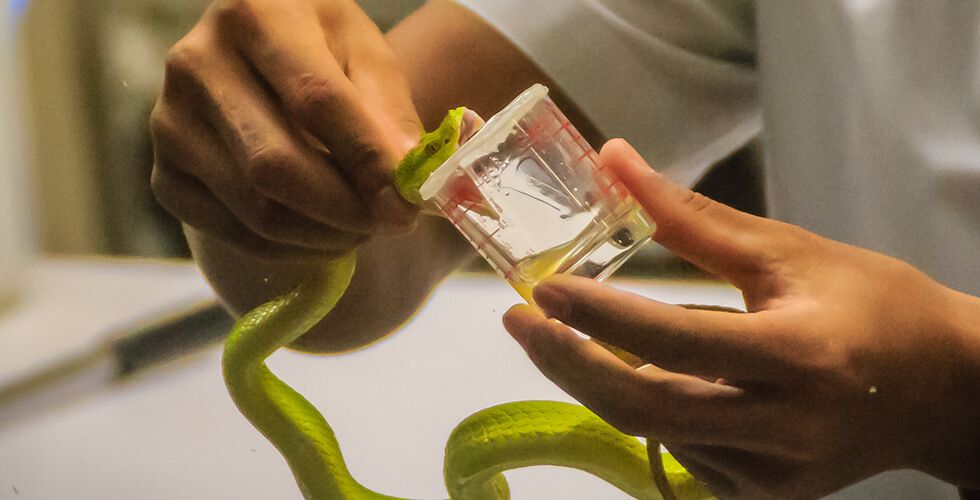
Artificial intelligence is turning nature’s deadliest weapons into lifesaving medicine.
In a breakthrough study, researchers at the University of Pennsylvania used a deep-learning tool called APEX to scan over 40 million venom-derived peptides—tiny proteins found in the venom of snakes, spiders, and scorpions. These compounds evolved to paralyze and kill, but AI has revealed they may hold the key to fighting antibiotic-resistant superbugs.
Within hours, APEX flagged 386 peptides with strong potential as next-generation antibiotics. From those, scientists synthesized 58 for lab testing—and 53 of them proved effective against drug-resistant bacteria like E. coli and Staph. Even more impressive: they left healthy human red blood cells unharmed.
“Venoms are evolutionary masterpieces,” said lead researcher Professor César de la Fuente. “Yet their antimicrobial potential has barely been explored—until now.”
The findings, published in Nature Communications, also uncovered more than 2,000 new antibacterial motifs—short sequences of amino acids that give these peptides their pathogen-killing power. This could lay the foundation for an entirely new class of antibiotics.
Antibiotic resistance causes over a million deaths globally each year. With traditional drug discovery lagging behind rapidly mutating bacteria, this venom-powered approach offers fresh hope.
“This is one of the most comprehensive investigations of venom-derived antibiotics ever conducted,” said co-author Dr. Marcelo Torres. “It shows the power of pairing AI-driven screening with traditional lab work.”
The next step? Medicinal chemists are now enhancing the most promising peptides to make them even more effective.
What once was a source of fear—venom—is being transformed into a force for healing. And AI is the key unlocking its hidden potential.

